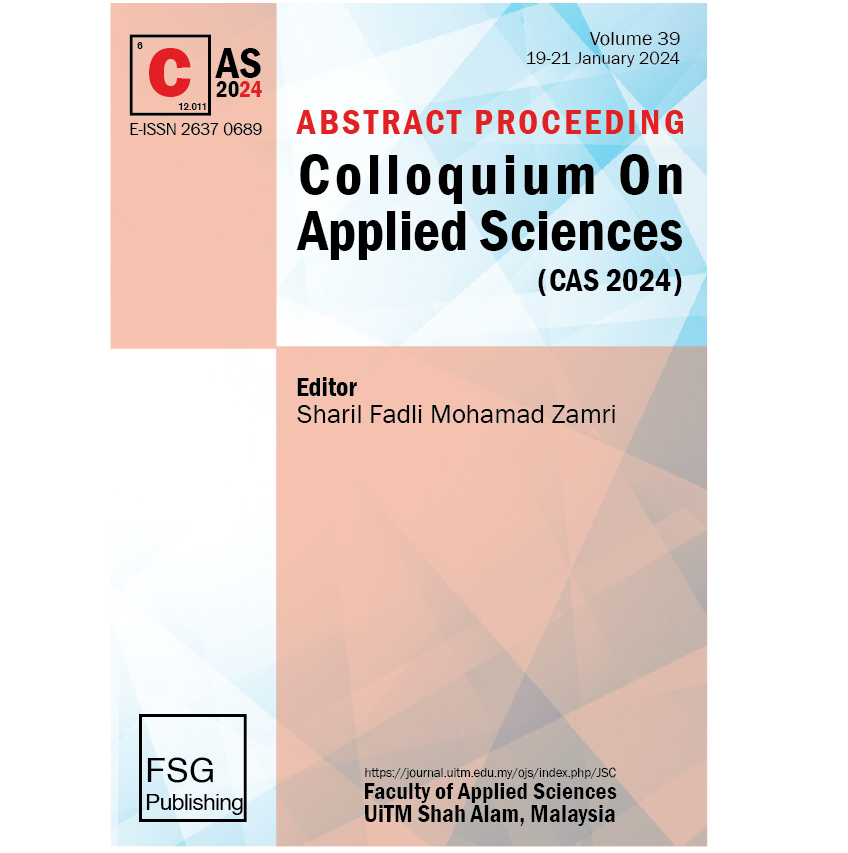Physicochemical Characterization of Cationic Surfactant-Modified Banana Stem as an Adsorbent for Wastewater Treatment
Abstract
Biomass-modified surfactants provide a viable and environmentally sustainable wastewater treatment option. Because of their superior adsorption qualities, these modified surfactants speed up the remediation process and remove contaminants from water sources. By using more renewable resources and lowering dependency on conventional surfactants derived from petroleum, this strategy encourages sustainability. Utilizing biomass-modified surfactants in wastewater treatment allows for the possibility of an economical and environmentally friendly method of water filtration, while also resolving environmental issues. Research has been done on the use of biomass modified with surfactants in wastewater treatment. For instance, biomass has been used as an adsorption technique for the removal of oil, heavy metals, and decolorization from wastewater. This innovative approach involves utilizing natural materials, such as banana stems, modified with surfactants to enhance their adsorption capabilities. The objective is to investigate the effects of cetyltrimethylammonium bromide (CTAB) surfactant modification on the physical and chemical characteristics of banana stems.


